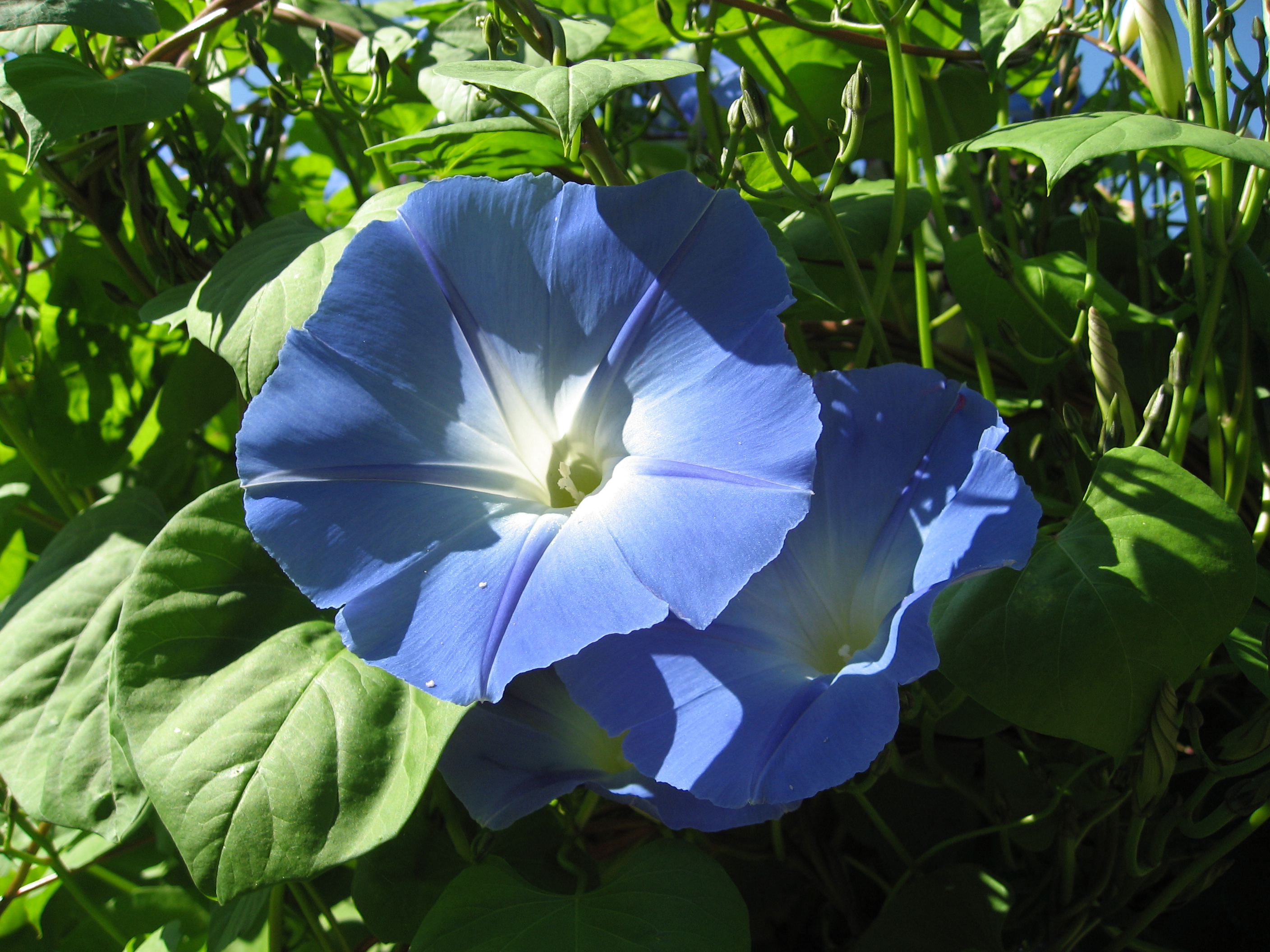
FileMorning glory 6b.jpg Wikimedia Commons
Common morning-glory is grown in gardens and has escaped in many environments around the world. Charles Darwin conducted self-fertilization experiments in morning glory that are important to our understanding of evolution in plant mating systems. Habitat. Anthropogenic (man-made or disturbed habitats), meadows and fields.

BI. Morning Glory. Near Flowering Size. Robertson Orchids
Convolvulus glandulifer (Ruiz & Pav.)Spreng., 1824 Convolvulus mutabilis Salisbury, 1796 nom illeg. Convolvulus purpureus L., 1762 Ipomoea affinis M.Martens & Galeotti, 1845 Ipomoea chanetii H. Léveillé Ipomoea discolor Jacq., 1798 Ipomoea glandulifera Ruiz & Pav., 1799 Ipomoea hirsutula Jacq.f., 1813 Ipomoea hispida Zuccagni, 1806 Ipomoea intermedia Schultes, 1809

Vuurwerk Numansdorp Vuurwerkboerderij
Prepare the soil: Use a garden fork to loosen the soil to a depth of about 12 inches (30 cm). Work in some compost or well-rotted manure to improve soil fertility. Sow the seeds: Sow the morning glory seeds about ½ inch (1 cm) deep in the soil. Space the seeds 6 to 12 inches (15-30 cm) apart.

Ипомея цветы 68 фото
Ipomoea L. | Europeana. herbarium sheet
Morning Glory r/flowers
Their most widespread common name is morning glory, but some species in related genera bear that same common name and some Ipomoea species are known by different common names. Those formerly separated in Calonyction [6] ( Greek καλός kalós "good" and νύξ, νυκτός núx, nuktós, "night") are called moonflowers. [5]
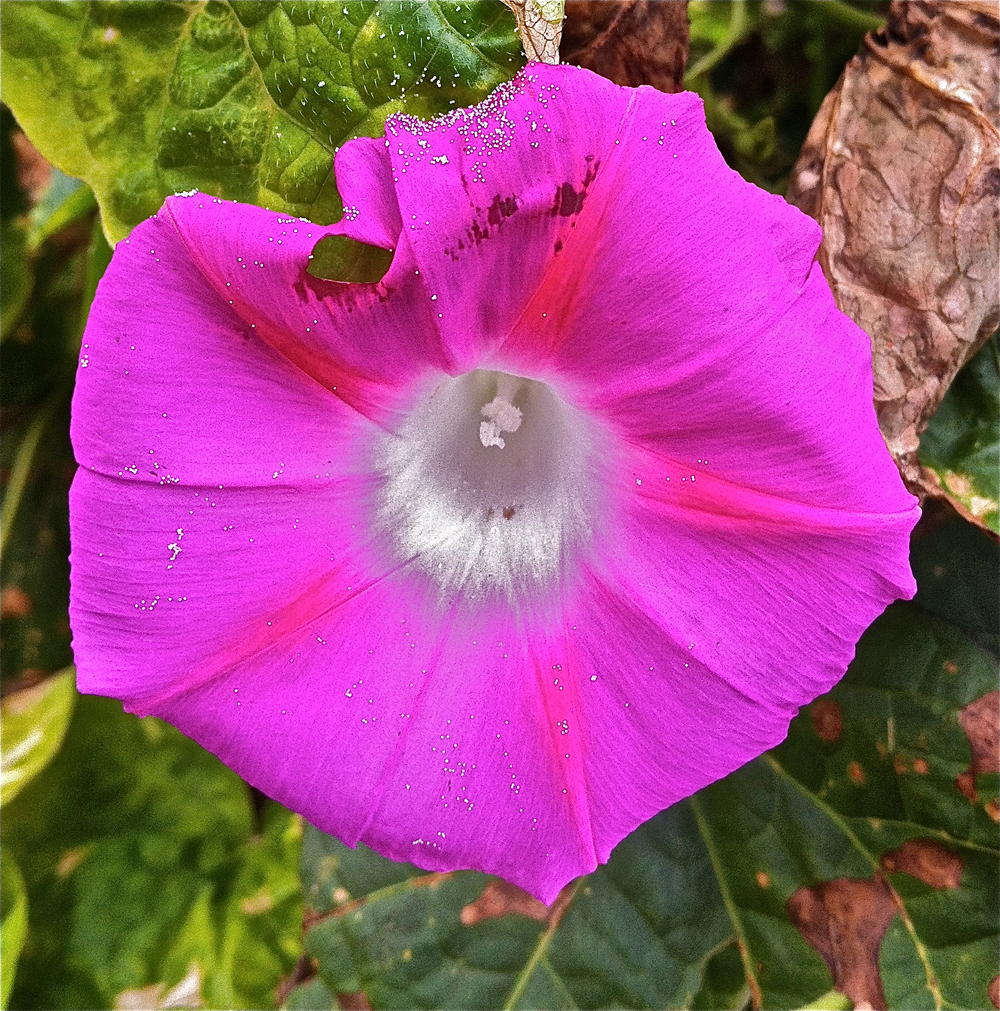
the rusty hoe today's plant morning glory
Ipomoea purpurea, the common morning-glory, tall morning-glory, or purple morning glory, is a species in the genus Ipomoea, native to Mexico and Central America. Like all morning glories the plant entwines itself around structures, growing to a height of 2-3 metres (6 ft 7 in-9 ft 10 in) tall.
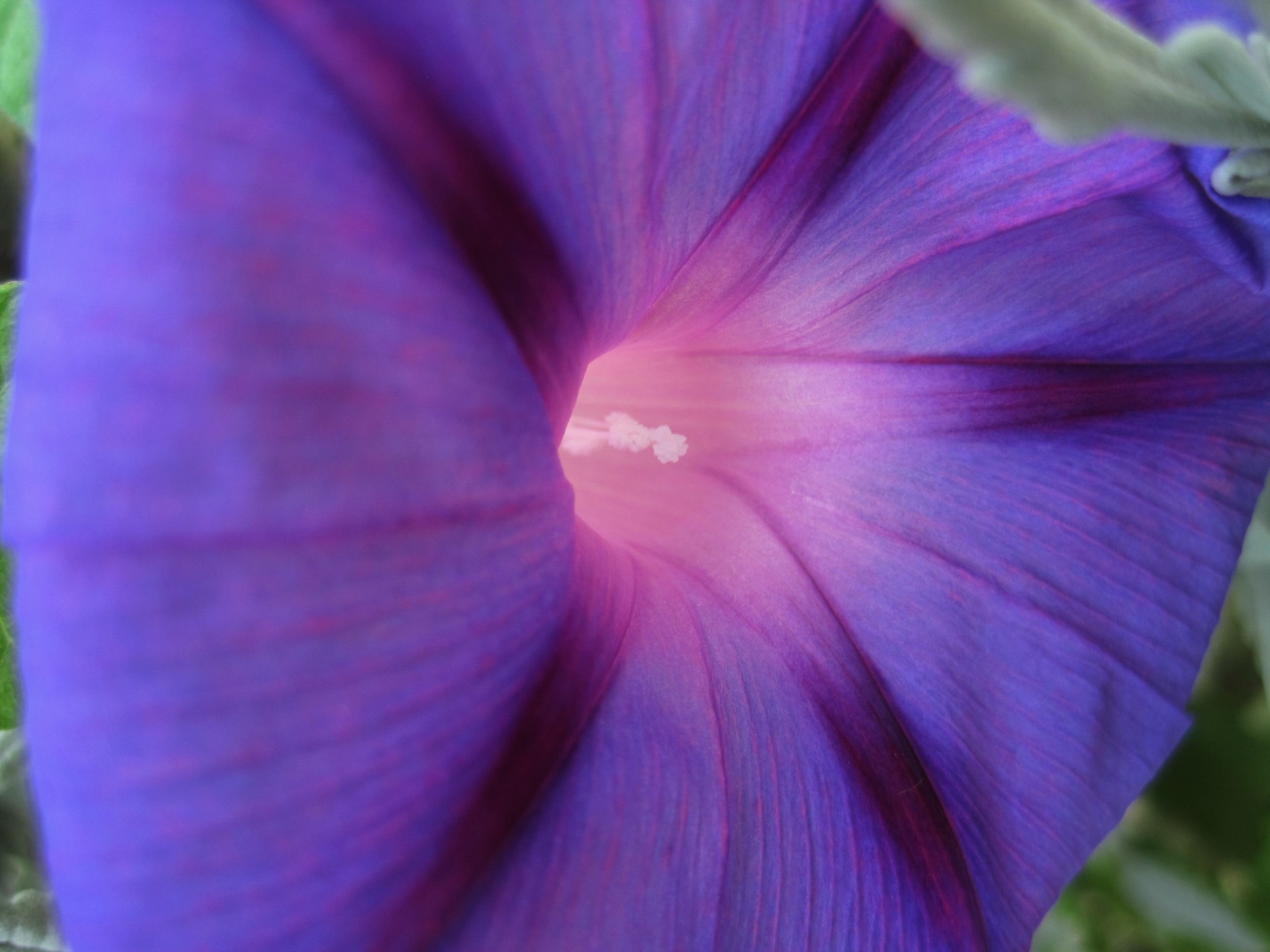
Morning Glory In Purple Free Stock Photo Public Domain Pictures
Water spinach, swamp morning glory, swamp morningglory. Native To. Asia . Date of U.S. Introduction. 1950s (Austin 2007) Means of Introduction. Horticultural escape . Impact. Crowds out native species . Swamp morning-glory (water spinach), flowers. Credit. Photo by Charles T. Bryson; USDA, Agricultural Research Service.

Morning glory Morning Glory Flowers, Blue And Purple Flowers, House Plants, Flower Drawings
Ipomoea nil is a species of Ipomoea morning glory known by several common names, including picotee morning glory, ivy morning glory, ivy-leaf morning glory, and Japanese morning glory (although it is not native to Japan). [1] It is native to the tropical Americas, and has been introduced widely across the world. [1] Description
Tanai's Amazing Blog Morning Glory
common morning glory. A short-lived perennial twining climber to 5m tall, usually grown as an annual. Leaves are heart-shaped or three-lobed. Flowers borne from summer into early autumn are funnel-shaped, 3-6cm in diameter and deep purple to bluish-purple or a reddish-purple with white throats
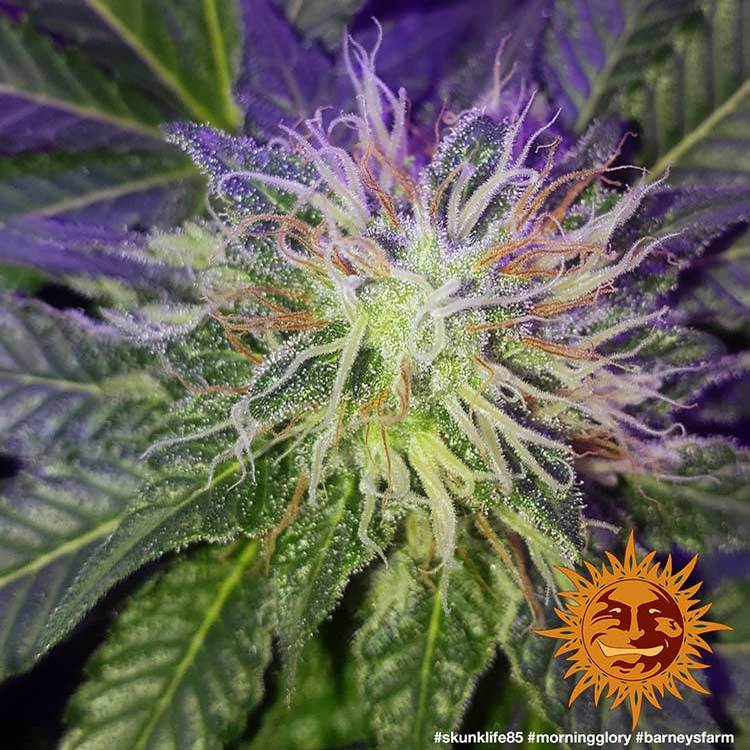
Morning Glory Weed Strain Barneys Farm Samen
Ipomoea purpurea, the common morning-glory, tall morning-glory, or purple morning glory, is a species in the genus Ipomoea, native to Mexico and Central America. Description. Like all morning glories, the plant entwines itself around structures, growing to a height of 2-3 m (6 ft 7 in - 9 ft 10 in) tall. The leaves are heart-shaped and the.
AGIKgqPxfwlTdDhQqxwNfAcCyy3CvDQNxfamMAQtU5qww=s900ckc0x00ffffffnorj
Ipomoea lacunosa, the whitestar, white morning-glory or pitted morning-glory, is a species that belongs to the genus Ipomoea.In this genus most members are commonly referred to as "morning glories".The name for the genus, Ipomoea, has root in the Greek words ips and homoios, which translates to worm-like.This is a reference to the plant's vine-like growth.
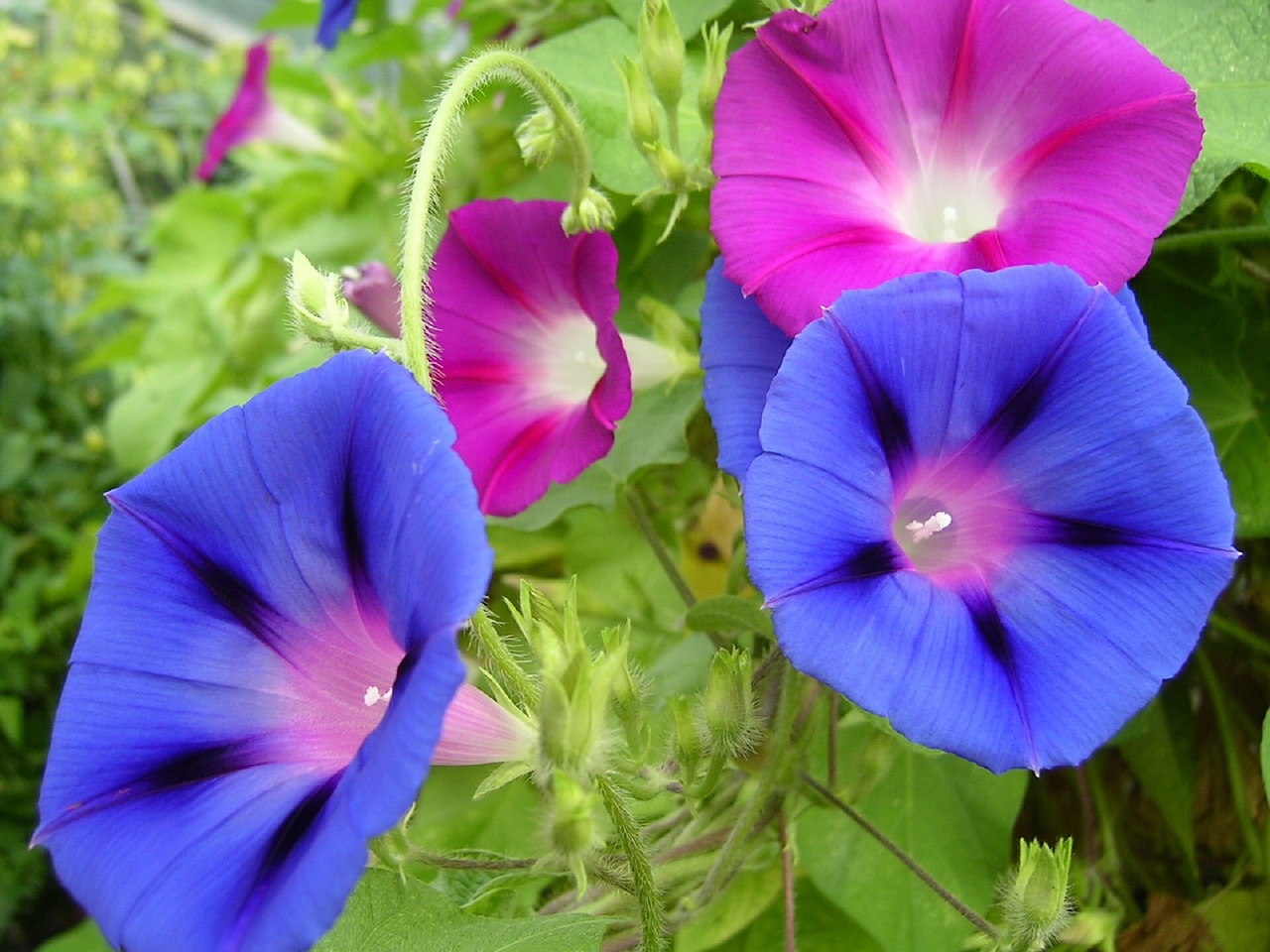
Poetry by Dowdell “Be a Glorious Morning Glory” North Shore United Methodist Church
Ipomoea is a genus of flowering plants commonly known as morning glories. These plants are known for their heart-shaped leaves and trumpet-shaped flowers that bloom in various shades of blue, purple, pink, red, and white. The genus Ipomoea belongs to the family Convolvulaceae and includes over 500 species of plants, many of which are popular.
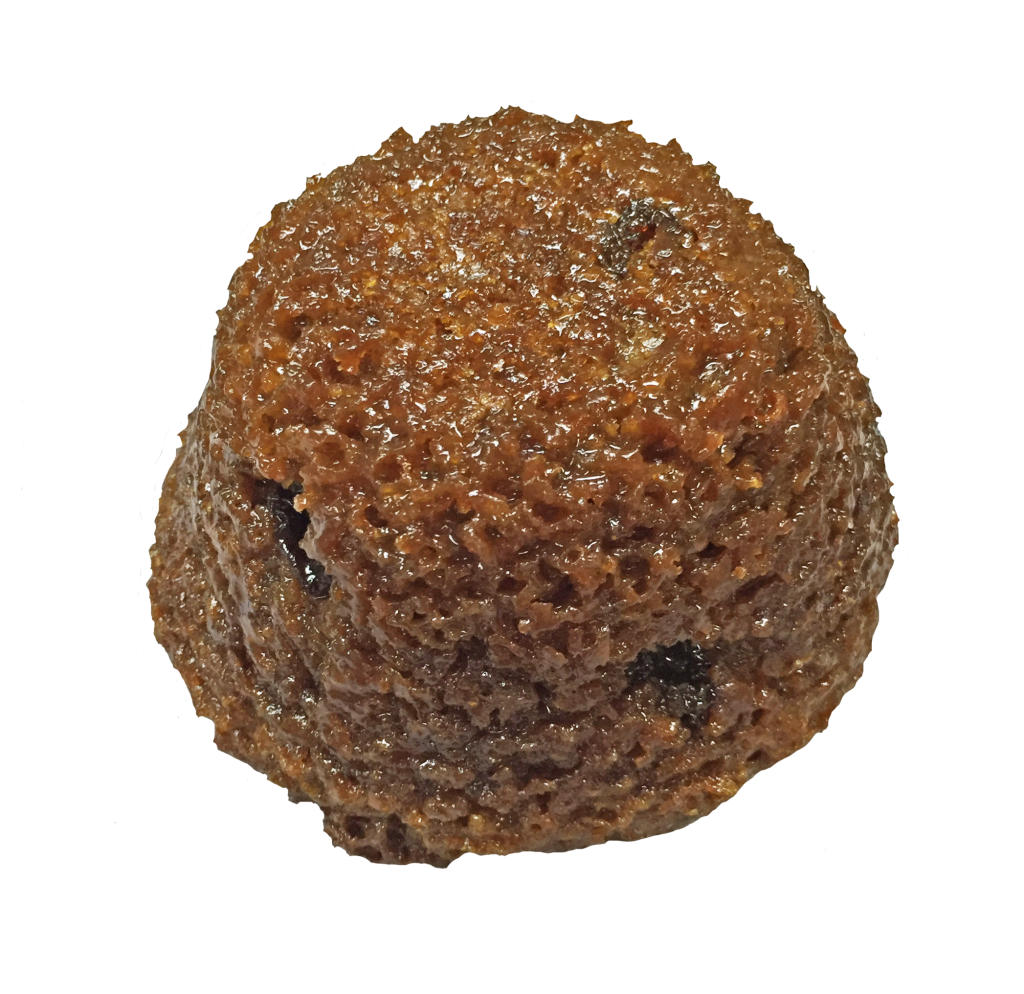
Morning Glory The Patisserie
Lady Doorly's Morning Glory (Ipomoea horsfalliae): Bright crimson flowers cover Lady Doorly's morning glory (Ipomoea horsfalliae) throughout the Chicago winters when grown in a conservatory. This nonhardy perennial morning glory from the West Indies can get really large, making container culture problematic.

morning glory [puamelia] Flickr
tall morning-glory. Ipomoea purpurea (L.) Roth tall morning-glory. Description of Values. Value Class Food Cover; High: Average 25-50% of diet: Regular source of cover: Low: 5-10% of diet: Infrequently used as cover: Minor: 2-5% of diet: Sparsely used as cover: Moderate: Average 10-25% of diet: Occasional source of cover:

MORNING GLORY / 竹内まりや アリオラジャパン 最安値比較 黒崎マイセレのブログ
Morning glory Ипомея Morning-glories Type of item Preserved Specimen Biological specimen biological specimen Date 15th January 1983 1983-01-15 1983-01-15.

Morning Glory Megabanger Xtreme Fireworks
Ipomoea Alba, sometimes called the tropical white morning-glory or moonflower or moon vine, is a species of night-blooming morning glory belonging to Convolvulaceae (Morning-glory family). Though previously classified as genus Calonyction, species aculeatum, it is now properly assigned to genus Ipomoea, subgenus Quamoclit and section Calonyction.